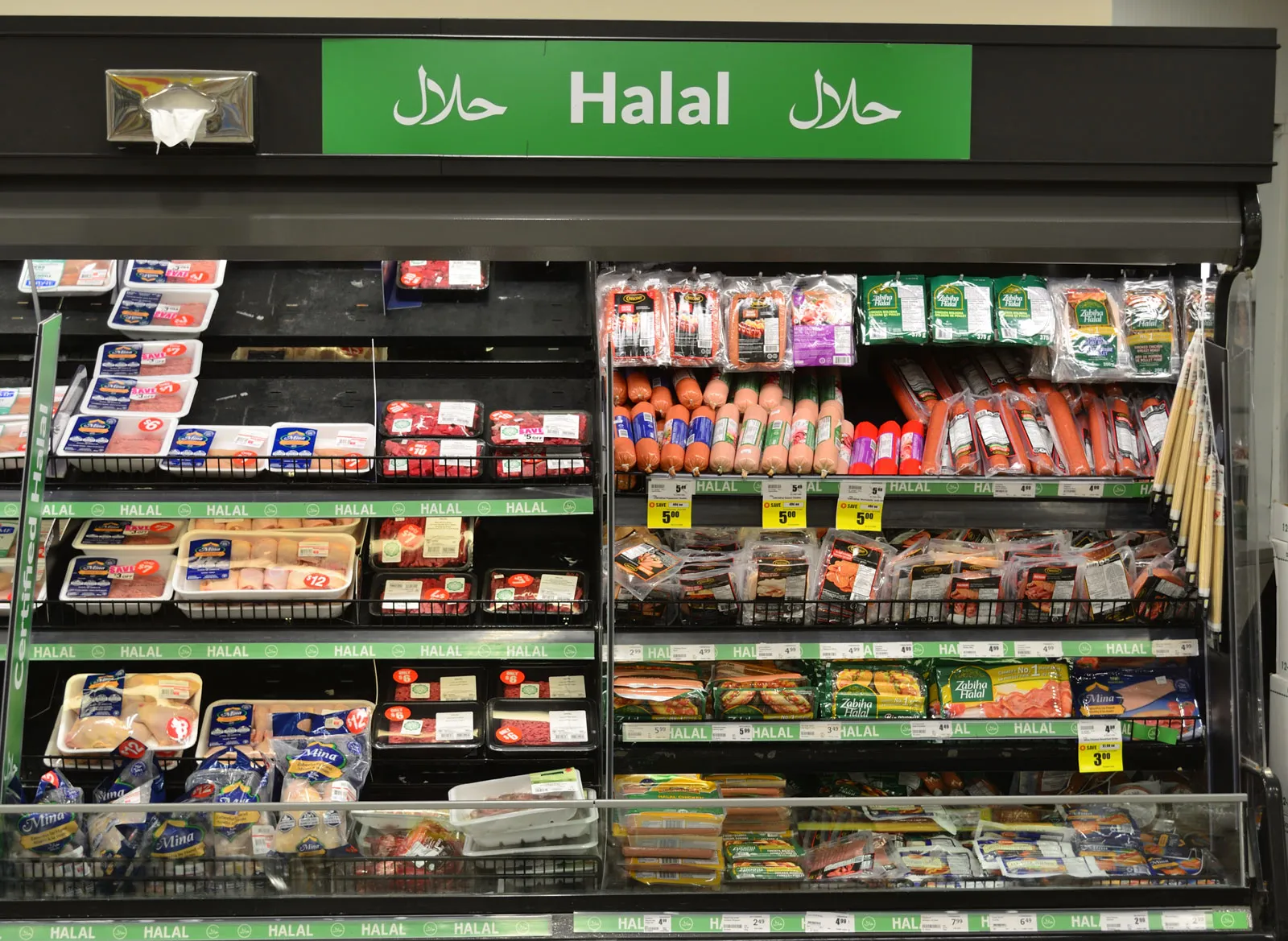Monday, 2 March 2026
Halal industry to boom in Southeast Asia
The global halal food market reached $2,221.3 billion in 2022 and is forecasted to grow at a rate of 11.1 per cent, reaching $4.1 trillion by 2028 Recently, the Thai…

The global halal food market reached $2,221.3 billion in 2022 and is forecasted to grow at a rate of 11.1 per cent, reaching $4.1 trillion by 2028
Recently, the Thai cabinet approved initiatives aimed at transforming Thailand into a halal hub in Southeast Asia by 2028. The goal is to boost the country’s GDP by 1.2 per cent or 55 billion THB ($1.52 billion). Meanwhile, the Philippines Department of Trade and Industry (DTI) launched a comprehensive four-year plan for the development of the Halal industry to tap into the sector’s growing economic potential.
According to Kerry, the global halal food market reached $2,221.3 billion in 2022 and is forecasted to grow at a rate of 11.1 per cent, reaching $4.1 trillion by 2028.
A new study by management consulting firm YCP Solidiance reveals that Southeast Asia’s halal industry is booming and shows no signs of slowing down.
Halal is a term used in Islamic dietary laws that indicates the products that are considered permissible or lawful for Muslims to consume. On the other hand, ‘haram’ refers to forbidden or unlawful items. In Islam, certain animals and their by-products are strictly prohibited, such as pork and most intoxicants like alcohol.
The halal economy is thriving due to changes in government regulations in the region, leading to greater halal certification compliance, which impacts how halal food products are produced, marketed, and sold.
The pandemic has created new opportunities in halal food e-commerce and delivery sectors, as well as in new food product categories.
For non-Muslim consumers, halal food products are increasingly associated with food safety, hygiene, and health.
In 2020, the global Muslim consumer base numbered 1.9 billion people, making them one of the fastest-growing consumer segments globally. It is estimated that there will be 2 billion practising Muslims by 2030 and 3 billion by 2060, constituting around 30 per cent of the global population.
The Islamic economy comprises seven sectors — Islamic finance, halal food, modest fashion, media and recreation, Muslim-friendly travel, pharmaceuticals, and cosmetics — with halal food being the second-largest sector (after Islamic finance), with Muslim consumers spending $1.27 trillion in 2021. This figure is projected to rise to $1.6 trillion by 2025.
Halal foods must not contain pork, alcohol, intoxicants, harmful ingredients, unsanitary elements, or poisons. Meat must be slaughtered according to methods prescribed under Islamic law known as Zabihah.
Global product launches with halal claims increased by 19 per cent from 2018 to 2020, with 63 per cent of these launches originating from Asia, followed by Africa and the Middle East. Malaysia has retained its top spot in the overall Global Islamic Economy Indicator (GIEI) for nine consecutive years, with Saudi Arabia, the United Arab Emirates, Indonesia, and Turkey rounding out the top five nations.
According to ResearchAndMarkets.com’s 2023 report, Muslims from the Asia Pacific region constitute the majority of the global Muslim population and consume up to 90 per cent of halal foods and beverages. The highest demand is for halal meat, poultry, and seafood products, which account for almost 50 per cent of total global market sales. The report also identifies halal confectionery, bakery, and related products as the fastest-growing segment, with a forecasted growth of 9 per cent CAGR.
Major players in the food industry are beginning to take notice of the booming halal food sector. In 2019, Japanese seasoning company Ajinomoto invested $85 million to build a new halal production line on a 49-acre site in Malaysia, which opened in 2022. In December 2020, Fraser & Neave Holdings (F&N) acquired Malaysian companies Sri Nona Food Industries, Sri Nona Industries, and Lee Shun Hing Sauce for $14.5 million. These investments and acquisitions aim to expand halal food product offerings and meet rising local and global market demand.
Srettha Thavisin, Prime Minister of Thailand, announced that as part of the initiatives, the government will establish a national halal industry committee and the Thai Halal Industry Centre to promote Thai food products and goods internationally while aiming to boost tourism.
The PM also mentioned discussions with the King of Brunei and the Prime Minister of Malaysia regarding the development of a halal food centre.
The global market value of halal businesses is estimated at $2.1 trillion, with an average annual growth rate of 7.5 per cent. However, Thailand’s share of this market has decreased to 2.7 per cent, down from 4.1 per cent recorded a decade ago.
Thailand’s export value of halal food products in the first 11 months of 2023 amounted to 217 billion THB, marking a 2.6 per cent increase year-on-year. The majority of these exports were in the natural food group, including rice, grains, and sugar cane.
There are currently 15,043 halal food producers and more than 3,500 halal food establishments in Thailand. Projections indicate a doubling of both domestic and international output by 2028.
The Philippine Halal Development Strategic Plan, launched on January 23, aims to attract P230 billion in investments and generate 120,000 jobs.
Shraddha Warde
shraddha.warde@mmactiv.com
Technology
IPC Report Flags Rapidly Deteriorating Food Security across Somalia
Mar 02, 2026 | Africa
University of Florida Develops Vitamin A–Rich Tomato to Tackle Global Deficiency
Mar 02, 2026 | Food
Inside the World’s First AI Centre of Excellence for Chocolate and Cocoa
Mar 02, 2026 | Interaction
Food Testing
Australian Medical Bodies Push for Compulsory Health Star Labelling
Feb 24, 2026 | Australia
Tim Hortons Singapore Secures Majlis Ugama Islam Singapura Halal Certification Ahead of Ramadan
Feb 23, 2026 | Company News
More Popular
Wildbrine Launches Industry-First Fermented Bean Salad
Mar 02, 2026 | Company News
IPC Report Flags Rapidly Deteriorating Food Security across Somalia
Mar 02, 2026 | Africa
University of Florida Develops Vitamin A–Rich Tomato to Tackle Global Deficiency
Mar 02, 2026 | Food






